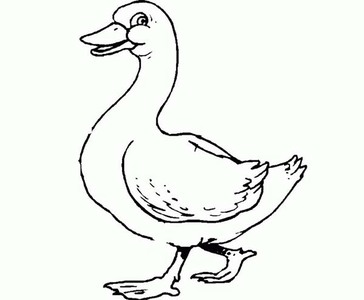Indian Whisky
‘Whisky’ – only 10-12% malt whisky – the rest are distilled from fermented molasses.
Molasses is a thick, brown to deep black, honey-like substance made when cane or beet sugar is processed.
Outside India, such a drink would more likely be labelled a rum. There is no compulsory definition of whisky in India - the Indian voluntary standard does not require whisky to be distilled from cereals or even to be matured.
Very little Indian 'whisky' qualifies as whisky owing to the use of molasses or neutral alcohol, limited maturation (if any) and the use of flavourings.
1980s - drinking of Scotch whisky was introduced to India in the nineteenth century, during the British Raj.
Production of alcohol from grain was hampered by shortage of extra grain, due to food shortages. Allowing grains to be used for alcohol manufacture is an emotive subject in India, due to poverty and alcohol's ambivalent reputation.
Amrut pioneered local barley malt whisky distillation – initially only 18 months maturing. But no culture for single malts so it was blended with alcohol distilled from sugar cane and called whisky.
2004 – Amrut – first single malt whisky distilled in India. Since then customer base has grown – also Indian Companies have acquired well known Scottish Distilleries.
e.g. United Breweries acquired Dalmore, Isle of Jura and Whyte & Mackay – some is used to blend with Indian whiskies.
(Amrut Fusion – blend of Scottish and Indian barley)
In terms of volume India = biggest consumer of whisky in the world – 50% of global whisky consumed (2010) – though many states restrict or even ban alcohol sales
Now around 20 Indian Distilliaries.
Indian weather conditions harsh compared to Scotland – extreme Summer & Winters
= faster evaporation, faster ageing and maturation process – so often no age is claimed. Generally considered that 1 year maturation in India = 3 years Maturation in Scotland.
The 'Angels’ share' - the amount the whisky evaporated inside the cask during maturation is 20% for Indian whiskies - not the usual 2% as in Scotch Whiskies!
